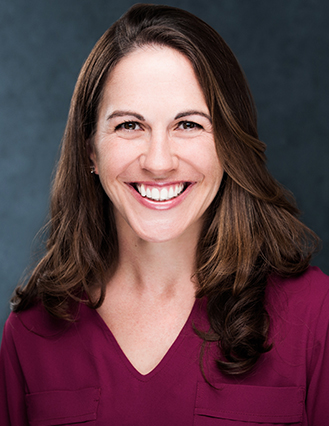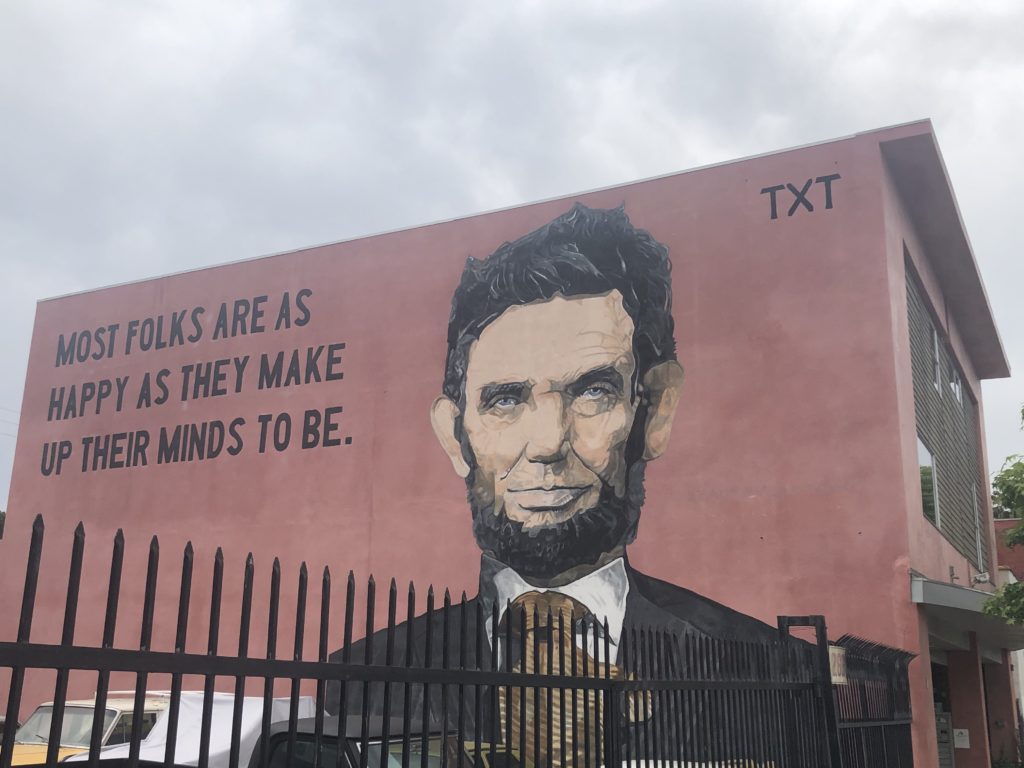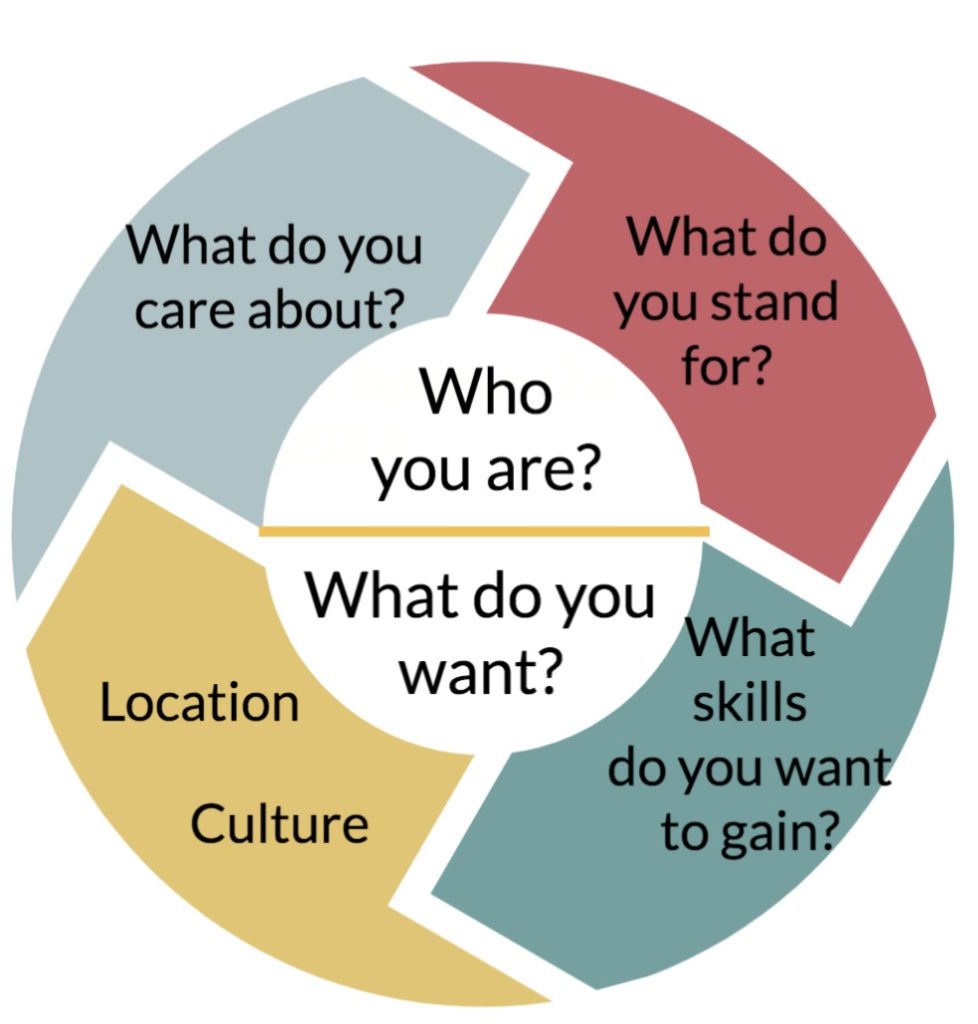By Stacy Blackman, President of Stacy Blackman Consulting

Young professionals in recent years have become increasingly focused on happiness and fulfillment. We see this reverberated throughout our client pool of hundreds of elite MBA applicants. They have carefully orchestrated their career paths to include multiple value dimensions. Money itself is not the exclusive priority. Over ⅓ of MBA applicants across our client pool seek to utilize the MBA experience to pursue inspired career paths, such as in education, nonprofit, healthcare and impact investing.
We sought to understand this trend better through delving into the research on happiness by Cassie Mogilner Holmes. Dr Holmes is currently the Associate Professor of Marketing at UCLA, Anderson School of Management and formerly Professor of Marketing at the Wharton School. Like the clients that we help in their MBA pursuits, Dr Holmes’ academic achievements are sterling. She holds a PhD in marketing from Stanford and an undergraduate degree in psychology from Columbia. Dr. Holmes shares her insights in an interview here.
Does criteria for happiness change with political and economic climate and/or generational values?
The criteria for happiness do not change. The thing that perhaps has changed is the greater attention to personal happiness, which makes meaning and fulfillment something that more students and young professionals are now looking for from their careers. This means that people are expecting more from their jobs and for their jobs to deliver on many dimensions. It is important to remember, however, that individuals aren’t entitled to and shouldn’t simply expect things to be handed to them. Instead, people have to work hard for and make the right decisions to have their desired impact.
How can one find happiness through career path?
Often times, people have a notion of what they should do in order to achieve a particular outcome and are strategic in that pursuit. Sure, sometimes these strategies can pay off. But if they don’t, then everything they’ve done will have been a complete waste.
On the other hand, if you do things because you care about them and they are intrinsically motivating (regardless of whether you ultimately achieve the outcome), you gain in the process. Focus on what truly matters to you. And to be honest, I think this path is more likely to help you achieve the outcomes anyways.
Plus, it is more sustainable long term, because there are always next goal posts. So the best “strategy,” so to speak, is to be genuine rather than strategic. A clear example of this for me has been my decision to study happiness, rather than whatever “hot” marketing topic there was at the time. Studying happiness was certainly not the strategic path, given that it was unclear whether this research topic would be valued at business schools (a context in which I needed to earn my PhD, get hired as a faculty member, and ultimately get tenure).
However, it is a topic that I am genuinely passionate about: trying to empirically identify what individuals can do to make their lives “better” in term of their subjective experience. I have spent the last 14 years of my life on this. Even if I had failed to achieve each goal of graduating, getting a paper published, getting a job, getting tenure at any juncture along the way, I would always feel motivated and assured knowing that I’m spending my time and devoting my efforts doing what I care about.
Is there a trade-off between happiness and achievement?
There does not need to be a trade-off between happiness and achievement. If you’re striving to achieve through doing what you care about, rather than striving to achieve for the sake of such external factors as status or money, then your happiness and achievement will be aligned. You will feel happier once you’ve achieved, and the process will be happier too. Plus, people are typically better at doing what they like doing, so it’s a more likely path to success and “achievement.”
How does time (vs. money) apply to the MBA hopeful?
Research has shown again and again that money matters far less for happiness than people think. Once basic needs can be bet, money is not related to greater happiness. Research has shown that after approximately $75,000 of income, a higher income doesn’t translate into any more happiness. Recent research has also shown that individuals with $8 million in wealth are no happier than those with $1 million. Not only does money not offer greater happiness, but pursuing money can actually undermine happiness. This is partly because people adapt to what they have and always want more. It’s partly because there are always people who have more money, which through social comparison makes you feel badly about how much you’ve got, even though it is likely plenty.

Time on the other hand is less comparable and is closely linked to greater happiness. How we spend our time comprises our lives. My research has shown that focusing on time instead of money leads to greater happiness, because it makes people more deliberate in how they spend their time—spending it in happier and more personally fulfilling ways.
So, MBA’s should choose a program with an eye towards time: where will they find most joy during their two years of the program and in their likely career following. My students enjoy a collaborative and friendly culture, where success is shared.
Your seven year tenure at Wharton was during the last recession and during the recovery years. Did your tenure at Wharton in those recessionary years expose the value of time, money, experiences (aka the drivers of happiness)?
Certainly, students felt a lot of stress when uncertain about whether they would get a job. That said, if students optimized their time during the program both in the classroom and developing meaningful relationships with their classmates, and they had chosen the program for fitting them along these dimensions (rather than simply the program with the highest possible salary upon graduation), they still ultimately benefited.
What do you recommend for MBA applicants to be happy?
Figure out:
1) who you are (i.e., What do you care about? and What do you stand for?) and
2) what you want from your MBA in terms of location (both during the program and placement afterwards), development (What skills do you want to gain? or What interests do you want to further cultivate?), and culture (With whom do you want to connect and how?).
This will help identify the subset of programs that are the right fit for you. If genuine and communicated, the school will see you as the right fit for them too. Stay focused on you and be confident in having that guide your choice of program and in expressing that in your application.

Once in school, what can MBA students do to be happy?
Probably the most consistent finding in happiness research is the importance of social connection. So, my number one piece of advice is to make friends. These friendships will get you through the program happily and will last through life.
There are an incredible number of opportunities—intellectually, experientially, personally, and interpersonally. And two years goes by quickly. Get the most out of this time by being super deliberate in how you spend your time. Your interests and preferences (not your friends’) should serve as your guide.
Research shows the importance of getting enough sleep and regular exercise for health as well as happiness. So it’s a simple but real recommendation: protect the time to get at least 7 hours of sleep most nights of the week and get moving (even if it’s just going for a walk) for at least 30 minutes each day.
What is your favorite quote?
Henry Ford: “Business must be run at a profit, else it will die. But when anyone tries to run a business solely for profit… then also the business must die, for it no longer has a reason for existence.”
Maya Angelou: “At the end of the day, people won’t remember what you said or did. They will remember how you made them feel.”
What’s your wish for young professionals?
I wish that young professionals work really hard for what they genuinely care about. This will generate a happy process and outcome.
***
We predict MBA graduates in the years ahead will increasingly find fulfillment, through their own journey of self-development and their diligent pursuit of both income and meaning.
Stacy Blackman is the president and founder of Stacy Blackman Consulting, an MBA admissions consulting advisory launched in 2001. Stacy earned her BS in Economics from the Wharton School at the University of Pennsylvania and her MBA from the Kellogg Graduate School of Management at Northwestern University.


